| LITR 4632:
Literature of the Future Homepage / Syllabus Course webpage: http://coursesite.uhcl.edu/HSH/Whitec/LITR/4632 Summer 2011: 1st 5-weeks M,T, & Th 9am-noon, 2302 Student Services Bldg Instructor:Craig White Office: 2529-8 Bayou Phone: 281 283 3380 E-mail: whitec@uhcl.edu |
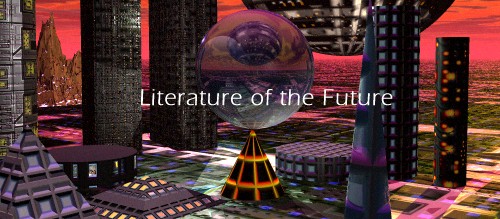 Graduate Seminar: Literary & Historical Utopias |
 |
Office Hours: Mondays & Thursdays, 12-1, 6-6:30, and by appointment
Caveat: Data in syllabus may change with minimal notice in fair hearings at class meetings.
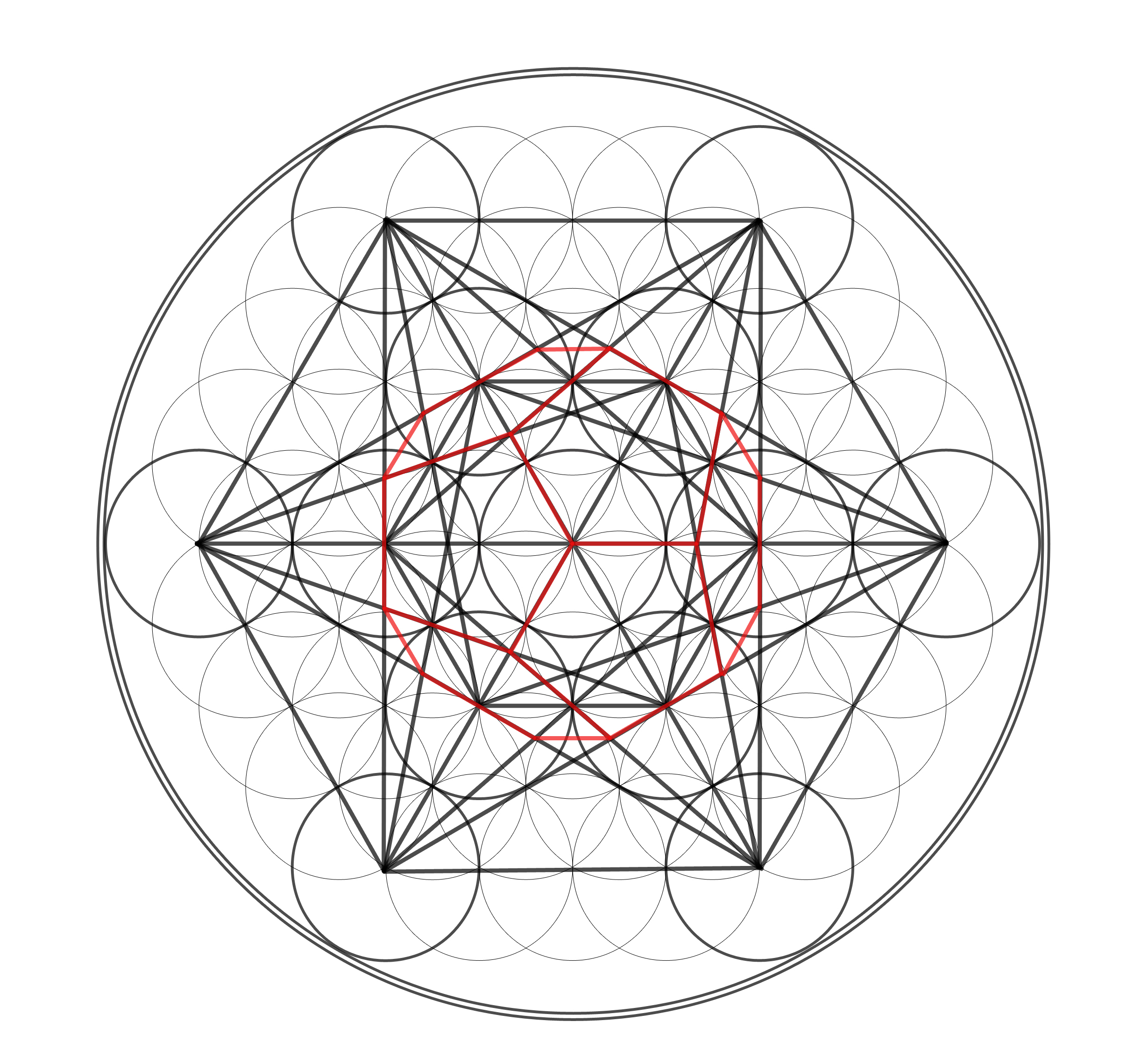 |
 |
 |
 |
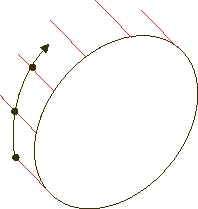 |
Course Texts
Scriptural texts: esp. Genesis (Creation) and Revelation (Apocalypse)
H. G. Wells, The Time Machine (1895)
William Gibson, Burning Chrome (1986)
Octavia Butler, Parable of the Sower (1993)
Future Primitive: The New Ecotopias, ed. K. S. Robinson (1994)
Virtually Now: Stories of Science, Technology and the Future, ed. J. Schinto (1996)
Margaret Atwood, Oryx and Crake (2004)
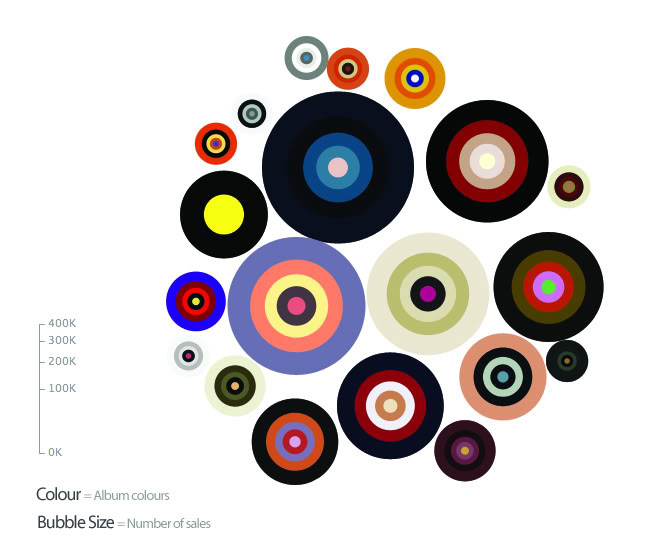
Graded Work (briefly listed here; details below)
-
Reading quizzes (app. 10%, or more if results are far below average.)
-
Midterm (In-class or email, 23 June; 30-40%)
-
Final exam (7 July, in-class or email; 40-50%)
Class Presentations, participation, and attendance (app. 10-20%, graded silently) -
Informal presentations: Discussion-Starter & Web-Highlighter
-
Attendance: You are allowed one free cut without comment or penalty. Two or more absences or partial absences, even with good excuses, will cause final grade to fall, sometimes drastically.
Percentages indicate assignments' approximate relative weight only. Grades are not computed mathematically. Only letter grades are given. Pluses and minuses may appear on component and final grades.
Email submission of presentation(s), test(s) for web posting
 |
Course Objectives |
 |
(Objectives 1-5 are the central concepts for the midterm and final exams. For course outcomes, you are expected to identify these terms or concepts in relation to each other and to course texts. The remaining objectives are spice—themes of interest that recur throughout the semester’s discussions, lectures, and readings.)
| Objective 1—Narratives of the Future |
 |
1. To identify, describe, and criticize 3 standard narratives or stories humans tell about the future:
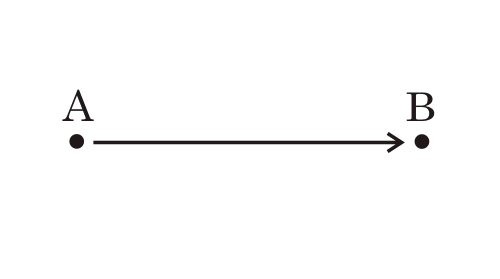 |
1a. Creation / Apocalypse (= Millennium) |
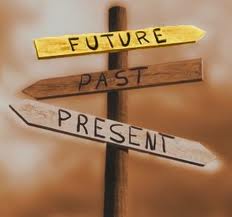 |
![]()

 |
1b. Evolution |
   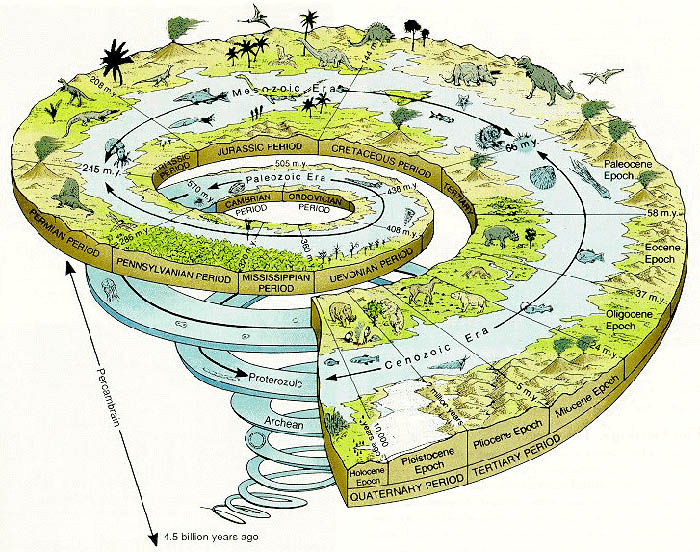 enlarge enlarge |
![]()
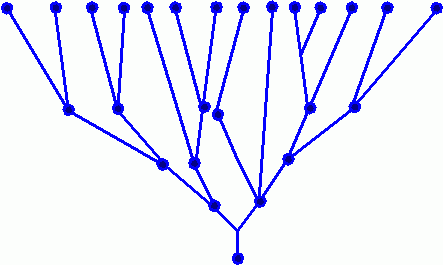 |
1c. Alternative Histories & Futures |
 |
 |
 |
 |
| Objective 2—Visions / Scenarios of the Future |
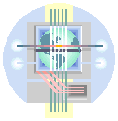 |
2. To identify, describe, and criticize typical visions or scenarios of the future (seen from 2009).
a. high tech; virtual reality—slick, cool, unreal, easy with power (+ cyberpunk style)
b. low tech; actual reality—rough, intimate, messy, hungry, warm, real
c. utopia / dystopia / ecotopia—perfectly planned worlds / dysfunctional world / + ecology
d. off-planet / alien contact—exploring and being explored
Objective 3—Narrative & Symbol
3. To comprehend basic theories of narrative, plot, or story + narrative's relation to symbol.
- Humans are story-telling creatures. We react, decide, and act in terms of people-centered stories that express our symbolic fears and desires, even if reality (God, nature, etc.) is greater and more complicated.
- Narratives are both individual and collective; literary and cultural--very inclusive concept.
- Four traditional "narrative genres": comedy, romance, satire, tragedy
- The dominant popular narrative for literature of the future and especially science fiction is "romance."
- In popular use, "romance" means women's stories of true love. Academically, "romance" includes love stories but is not limited to them: adventures, action, and cowboy stories are also usually romances.
- Romance attracts a reader or individual audience member with transcendent meaning and escape from day-to-day reality, but the cost of this attraction can be a sacrifice of reality and a blindness to larger complexities beyond the individual self.
- The Sublime
- Narratives operate or signify with symbols, which may take the form of characters or objects in a story.
Objective 4—Genres
4. To identify genres of future literature
- prophecy
- science fiction, sf, speculative fiction, sci-fi, fantasy; hard & soft sf + sub-genre: cyberpunk (virtual reality plus real-world actuality)
- utopias, dystopias, ecotopias
- Also, from obj. 3, attention to the narrative genre of romance
Objective 5—Teaching, Learning, Testing
5. To articulate teaching, learning, & evaluation methods for special course content
- Instructor and students share standard knowledge + new contexts or applications; students react to first-time readings, as instructor looks for fresh extensions of accomplished knowledge.
- Exams require basic comprehension and expression of instructional contents, but excellence is made when students extend or refresh learning with new examples, insights, and expression.
- Can new sections of courses build on previous sections' accomplishments?
- Model Assignments
Secondary Course Objectives
(Recurrent themes or issues you may develop in exams and presentations)
6. Is the future "written" (i. e., set, fixed, programmed, and usually apocalyptic) or "being written" ("open-ended" and usually evolutionary)?
7. To see literature of the future as reflections of the present in which it is written.
8. To note literary strategies and problems such as how to make the future both familiar and exotic. (Or “comforting / challenging”; “friendly / unfriendly”; “warm / cold”).
-
How do you end a story about the future?
9. To distinguish distinct temporal dimensions of the future
-
Near future; short-term; day-after-tomorrow (often dramatic or apocalyptic change, such as alien contact)
-
Deep future, long-term (usually evolutionary change involving changing environments and adaptations)
-
Alternative depths of future between, beyond, parallel, or skew
 |
 |
 |
![]()
| Reading & Presentation Schedule:
LITR 4632, Summer 2011 (syllabus will be updated to Summer 2013) |
 |
Initial guide to course anthologies:
BC = Burning Chrome
FP = Future Primitive: The New Ecotopias ed. K. S. Robinson, (1994)
VN = Virtually Now: Stories of Science, Technology and the Future
![]()
|
Readings: Begin Scriptural Texts of Creation & Apocalypse Climate change / global warming terms: decline or progress
|
Today's
Agenda: welcome,
syllabus, website review assignments 2009 homepage ID cards [break] midterm > 3 narratives (obj. 1) preview Tuesday's texts State of the future |
![]()
|
Readings: Continue Scriptural Texts of Creation & Apocalypse + brief sample from Nostradamus terms: Millennium / Apocalypse, prophecy, sublime, symbol Discussion-starter: Heather Mills Web-highlighter (midterms): instructor |
Today's
Agenda: Review presentation assignments Assign Parable of the Sower Discussion-starter: Heather Instructor's questions web-highlight: midterms |
 |
Discussion questions: What observations about reading the various biblical sources for the end-time? What is surprising or creative about process? Consider intertextuality. Revelation and other apocalyptic texts are always popular favorites. Why? What literary appeals? What impulses for social change are tapped? What social consequences to apocalyptic thought (pro & con)? Environmental effects of perennial belief that "ours is the last generation"? In what ways does the plot-pattern of Revelation resemble the plot narrative of a romance? Pay attention to the gradual revelation of the central character of Jesus--how does he appear? How is he like a hero in a story? How are the Satanic figures like the villain? How does apocalyptic / millennial thinking resemble conspiracy theory? Term: prophecy |
 |
![]()
|
Readings: Parable of the Sower (read about half) optional reading: brief bio of Octavia Butler (pre-mortem [2006]) & terms: narrative, romance, apocalypse Discussion-starter: Jennifer Summerlin Future-vision presenter: Meagan Hamlin |
Today's
Agenda: Look back at Revelation Decline / Progress genres quiz discussion: Jennifer instructor's questions [break] intro utopias--Haylie? assignments prsn: Meagan |
 |
Discussion Questions:
Revelation: upsides / downsides of interpreting Scripture as a literary text? Compare Parable to Revelation. How apocalyptic? But it's also science fiction, so how does it incorporate evolution? (for instance, human behavior in terms of change and adaptation; contrast to sin and virtue, or faith vs. lack of faith in revelation/tradition) As science fiction, it's also fiction (see genres): How is Parable fictional in representational form, and how is its narrative romance? Compare biblical apocalypse with environmental apocalypse? |
 |
![]()
|
Monday, 10 June: apocalypse and evolution Readings: Parable of the Sower (complete) Thomas Friedman, "New economic model a must . . . " (handout) Discussion-starter (Parable): Meagan Hamlin Future-vision presenter: Ashley Rhodes Instructor leads discussion of Friedman: What insights on "denial?" What different genres? Compare/contrast relevance/authority/appeals of Genesis-Revelation; Parable; Friedman |
Today's
Agenda: assignments quiz discussion: Meagan [break] prsn: Ashley discuss Friedman article |
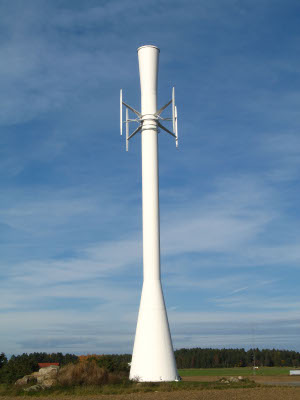 |
Discussion Questions:
Continue comparisons with Genesis / Revelation. How does
Lauren qualify as a "prophet?" Earthseed as prophecy? Earthseed
community as utopia? (cf.
heaven at end of
Revelation) Discuss blending of apocalypse and evolution in Parable of Sower (and later texts like Time Machine) How are both present? How account for co-presence instead of co-exclusion? Where do they diverge? Where do they meet? Can you reconcile seeing the world as both apocalypse and evolution, rather than one excluding the other? If so, how? Broadly, how does Parable of the Sower succeed (or not) in making you care about the future? Science fiction and some other forms of Literature of the Future do not age well. Parable of the Sower is now 18 years old. How out of date is it already? How much closer are we to its time-frame? If it survives, why? What literary qualities make it somewhat timeless? |
 |
![]()
|
Readings: "Stone Lives" (handout) and "Bears Discover Fire" (FP 17-28) Discussion-starter: Jenn Tullos Future-vision presenter: Tanya Partida |
Today's
Agenda: evolution quiz discussion: Jenn instructor's questions [break] prsn: Tanya midterm preview (>23 June) |
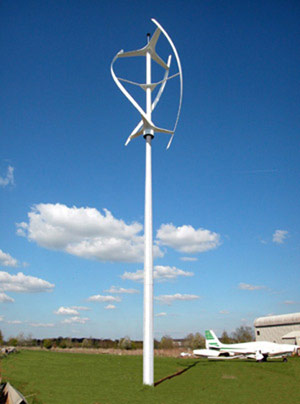 |
Discussion Questions: What key terms or ways of thinking signal evolutionary premises? (consider: change, adaptation, survival + animal symbols) What picture of humanity? What assumptions about the way the world, nature, time are organized? compare / contrast apocalyptic narrative "Stone Lives" & "Bears" as high tech / low tech: what different appeals? "Stone Lives" our most typical sci-fi story all semester--How? Discuss gender, picture of world, romance narrative "Bears" as unusually humorous sf story--how? What makes it amusing? |
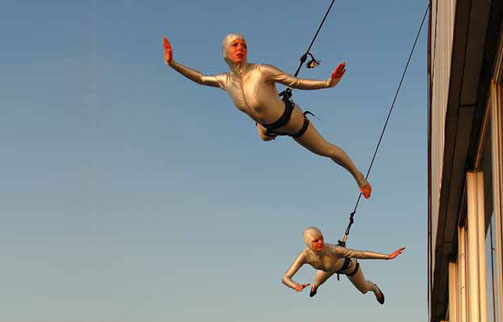 |
![]()
|
Readings: "Somebody up there Likes Me" (VN 208-237); begin The Time Machine (through ch. 5). Discussion-starter: April Bucy Web-highlighter (midterms): Valerie Mead
|
Today's
Agenda: H.G. Wells quiz Time / Somebody discussion: April [break] assignments / alternative futures midterm updates midterm web highlights: Valerie |
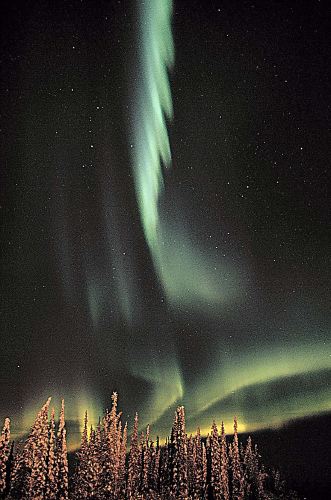 |
Discussion Questions:
H.G. Wells greatest sf writer ever: what qualities to style? What principles to science fiction? What mix of science and fiction? Time Machine written 1895, a generation after Darwin's Origin of Species (1859): What signs of evolution in Time Machine? Evolution as progress instead of decline? How does changing the time scale change the perception? Identify "Social Darwinism" (e.g., "survival of the fittest") with the cultural or class developments in Time Machine. "Somebody up there . . . ": How is Wells's industrial-era evolution updated to digital-era technology? + appeals of style |
 |
![]()
|
Readings: conclude The Time Machine (ch. 6 through epilogue); narrative: alternative futures Bruce Sterling & Lewis Shiner, "Mozart in Mirrorshades" (handout) Discussion-starter: Katherine Fellows Future-vision presenter: Jenn Tullos |
Today's
Agenda: Lit's purpose + Literature of Ideas Well's style as Lit of Ideas quiz text discussion: Katherine [break] future-vision: Jenn midterm topic discussion midterm review |
 |
Discussion Questions:
Time Machine: continue questions above + conclusion of Eloi-Morlock story: apocalyptic or evolutionary? How like a romance? Late in novel, very deep future--what storytelling challenges? (evolution narrative) "Mozart in Mirrorshades"--look for key terms in quantum & temporal physics: probability, time holes, parallel worlds (i.e., alternative histories & futures) alternative futures--note figures of "branching" ("Garden of Forking Paths")Science fiction can introduce non-scientists to important ideas about nature, technology, the future How does "Mozart in Mirrorshades" exemplify sf as a way to make a topic like alternative futures friendly, non-threatening, or accessible to average readers Midterm (Thurs.): Discuss Essay 2 topics |
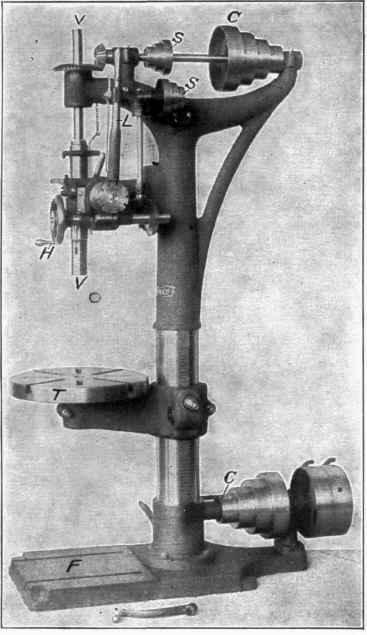 |
![]()
|
Readings: "Garden of Forking Paths"; William Gibson, "The Gernsback Continuum" (BC); "Better Be Ready 'bout Half Past Eight" (VN 22-47) Future-vision presenter: Haylie Unger: Lady Gaga, Bad Romance Future-vision presenter: Rosalyn Pickens |
Today's
Agenda: assignments midterm topics Future prsn: Haylie quiz discuss: Garden [break] Gernsback Future prsn: Rosalyn Half Past Eight midterm topics |
 |
Discussion Questions:
How successful is "Garden of Forking Paths" as Literature of Ideas? Compare "Gernsback" & "Half Past Eight" More specifically, how convincingly does it represent or make you feel the possibility of Alternative Futures? Except in "Garden," observe scientific background for alternative futures, esp. quantum physics as "probability" What images of alternative futures, besides "Garden of Forking Paths"---branching tree? What attractions, repulsions to alternative futures, compared to apocalyptic and evolutionary narratives? Discuss Midterm Essay 2 topics |
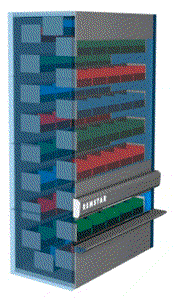 |
![]()
| Thursday, 23 June: midterm assignment |
![]()
|
Monday, 27 June: high-tech future, cyberpunk literature Readings: William Gibson, "Johnny Mnemonic" (BC); William Gibson, "Burning Chrome" (BC 168-191); Richard Goldstein, "The Logical Legend of Heliopause and Cyberfiddle" (VN 159-180). Future-vision presenter: Heather Mills, Thundarr the Barbarian / Millennium Future-vision presenter: Chris Ritter |
Today's
Agenda: midterm > final prsn: Heather quiz [break] discussion prsn: Chris |
 |
Discussion Questions: Opening
question: what like / dislike about cyberpunk and
why? Attraction-repulsion of high-tech future? Consider organic / non-organic; virtual / actual reality. How identify cyberpunk style? William Gibson as "father / founder / leading stylist of cyberpunk," influential sf style in past generation; associated terms: high-tech, virtual realityWhat about Gibson's style makes literary sorts acknowledge him as a real writer? (most sf writers are competent but indifferent to style, more interested in ideas, action--cf. Bernstein, "Logical Legend") What reality represented? cyber + punk = high tech + streets; what reality is left out of virtual reality? What promises-threats, attractions-repulsions, hopes-fears on the part of characters and readers? Cyberpunk is too tough for the easy escapism of romance? What evidence? Gender stylings in sf / cyberpunk? (stereotypical background: sf for geeky white guys > implications for women's identities?) (recall "Stone Lives") |
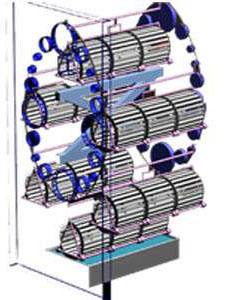 |
![]()
|
Tuesday, 28 June: low-tech: traces of organic human nature and traditional culture in high tech world Readings: "The Onion and I," (VN 8-21)."Drapes and Folds," (VN 126-139)."Speech Sounds"(VN 91-108). Discussion-starter: Rosalyn Pickens Web-highlighter (final exams): Iris Kendall |
Today's
Agenda: midterms Web finals: Iris quiz disc: Rosalyn [break] entertain & educate metaphors literature of ideas semiotics utopia / dystopia utopia / dystopia/ ecotopia assignments |
 |
Discussion Questions: What utopian / dystopian elements? Identify different appeals of low-tech and high-tech. Contrast organic appeals of low-tech with non-organic of high-tech. What elements of romance? Octavia Butler, author of Parable of the Sower, wrote "Speech Sounds"--how might you recognize her style and subject matter? (compare our discussions of Gibson) |
 |
![]()
|
Thursday, 30 June: ecotopia Readings: K. S. Robinson, “Introduction” to Future Primitive; "Chocco" (FP 189-214); "House of Bones" (FP 85-110) Discussion-starter: Bridget Conley Future-vision presenter: April Bucy Introduction to Ecotopia, novel by author of "Chocco" in grad seminar: Haylie Unger |
Today's
Agenda: finals terms & examples didactic literature prsn: April quiz evaluations [break] disc: Bridget Haylie on Ecotopia |
 |
Discussion Questions:
What is
utopian / dystopian about
"ecotopia?" art or literature "entertains and educates" as a spectrum or continuum in which some literature entertains more, some educates more. Where do the two stories fall on this spectrum? Urgencies, difficulties of discussing population, climate > sf, lit-future as way to talk? Why is it so difficult to write stories that make people care for the environment? What inherent problems with eco-lit? (previously: ecology requires collective responsibility for shared world with no escape; stories require individual heroes and simple solutions) |
 |
![]()
| Monday, 4 July: No class meeting--Independence Day holiday |
 |
![]()
|
Readings: "Men on the Moon" (VN 238-247); "Hinterlands" (BC 58-79); "They're Made out of Meat," (VN 69-72)."The Poplar Street Study" (VN 140-148); "The Belonging Kind" (BC 43-57) Discussion-starter: Chris Ritter Future-vision presenter: Jeannene Gazaw |
Today's
Agenda: figures of speech irony metaphor / analogy prsn: Jeannene quiz [break] galaxies disc: Chris final exam final grade report |
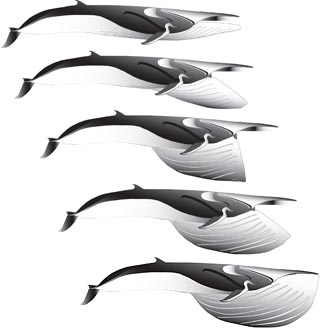 |
Discussion Questions: What issues about "our future in space" do our readings raise? What literary techniques make you understand and care? How does outer-space sf change our view of humanity on earth? What do the aliens reveal about us? How successfully do the stories get beyond the "War of the Worlds" model seen in Independence Day in which aliens are automatically apocalyptic terrorists? answers to questions 2-4 from Jenn Tullos |
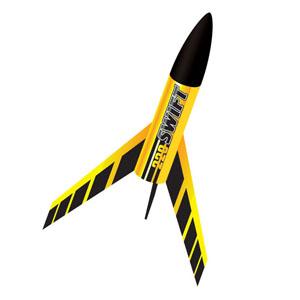 |
![]()
| Thursday, 7 July: final exam (in-class or email) |
 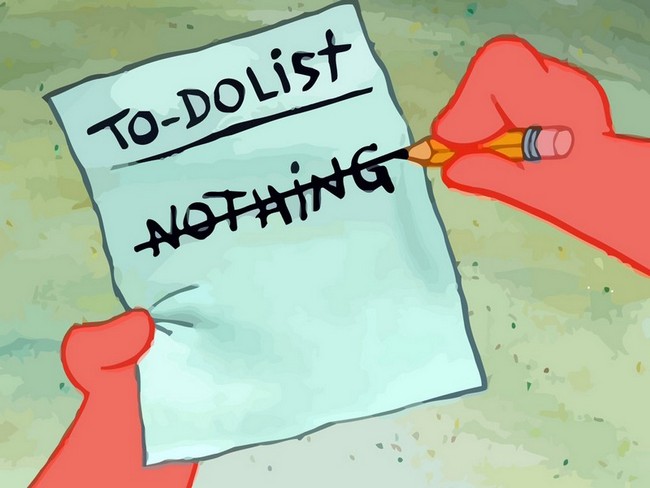 |

White Bookblog: "Pilgrims & Sequels"
Laura Miller, 2012 review of Elaine Pagels, Revelations
Nassim Nicholas Taleb, "The Future will not be Cool"
Michael Lind,
"Stop Pretending Cyberspace Exists," Salon.Com 12 Fe

Maintained by: Craig White - whitec@uhcl.edu
Copyright © 1995 University of Houston - Clear Lake
2700 Bay Area Blvd.
Houston, TX 77058